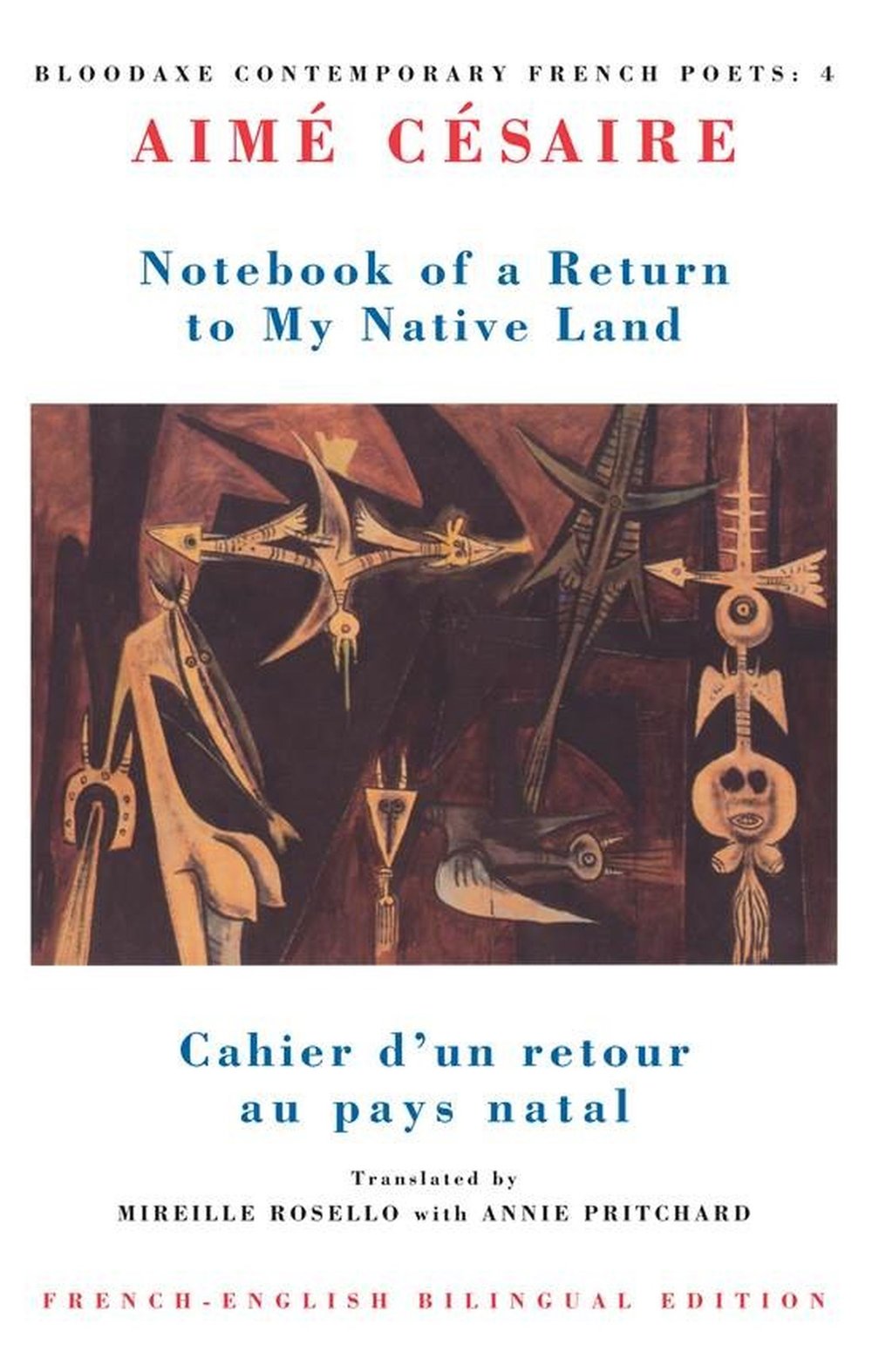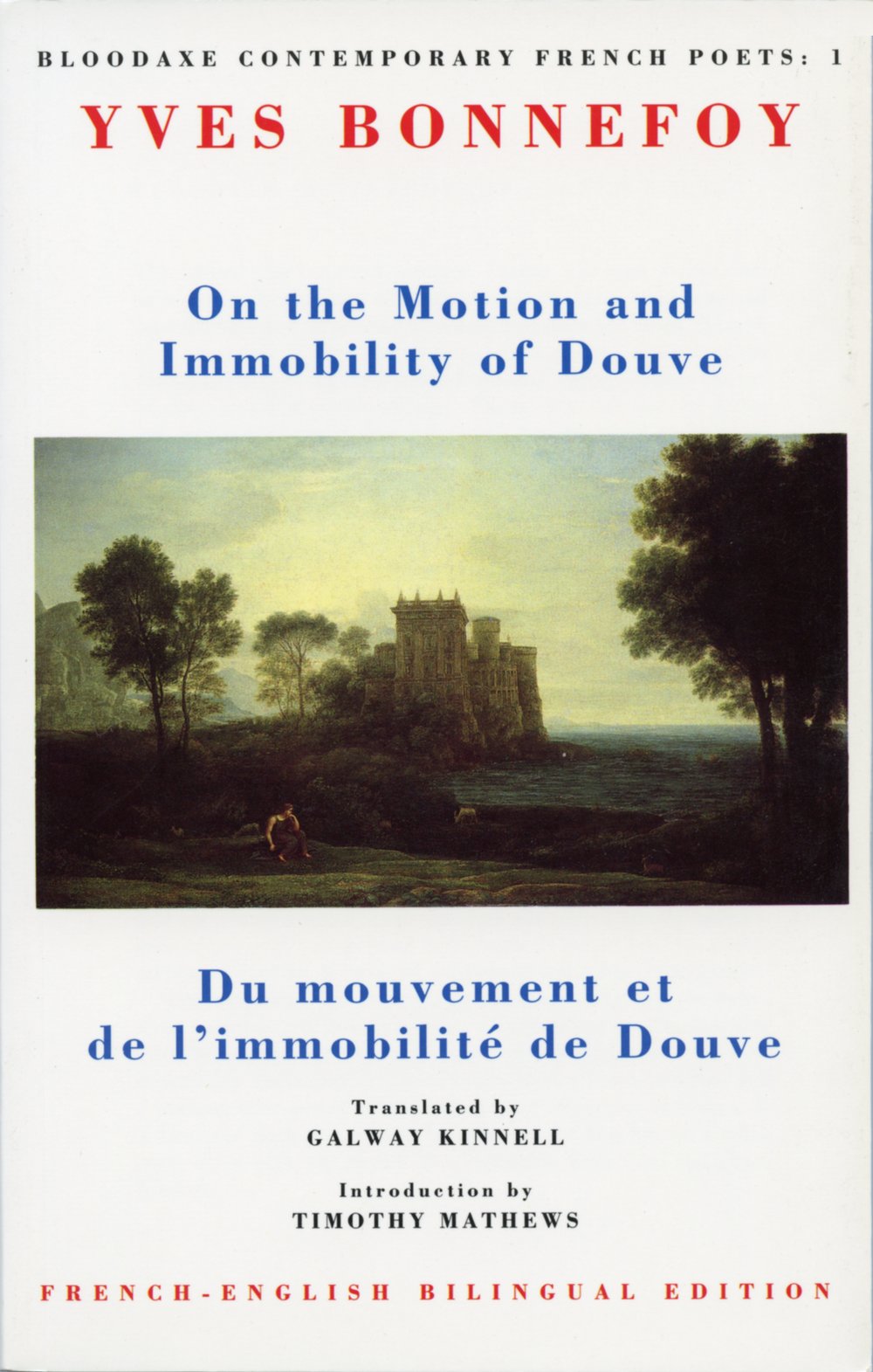Spaced, Displaced
Déplacements Dégagements
Henri Michaux (1899-1984) is one of the notable travellers of modern French poetry: not only to the Amazon and the Far East, but into the strange hinterland of his own inner space, the surprises and shocks of which he has never ceased to explore as a foreign country in their own right, and a language to be learned. Fired by the same explorer’s appetite, he has delved into the realm of mescaline and other drugs, and his wartime poetry, part of a private “resistance” movement of extraordinary density and energy, has advertised his view of the poetic act as a form of exorcism. His insatiable thirst for new artistic expressions of himself made him one of the most aggressive and disquieting of contemporary French painters. If he is close to anyone, it is to Klee and Pollock, but he was as much inspired by Oriental graphic arts. Déplacements Dégagements (1985), though the experience of an octogenarian, has all the hallmarks of Michaux’s most dynamic work: poetry testing itself dangerously at the frontiers, acutely analytical, linguistically versatile and full of surprising insights into previously undiscovered movements of the mind.
Henri Michaux (1899-1984) is one of the notable travellers of modern French poetry: not only to the Amazon and the Far East, but into the strange hinterland of his own inner space, the surprises and shocks of which he has never ceased to explore as a foreign country in their own right, and a language to be learned. Fired by the same explorer’s appetite, he has delved into the realm of mescaline and other drugs, and his wartime poetry, part of a private “resistance” movement of extraordinary density and energy, has advertised his view of the poetic act as a form of exorcism. His insatiable thirst for new artistic expressions of himself made him one of the most aggressive and disquieting of contemporary French painters. If he is close to anyone, it is to Klee and Pollock, but he was as much inspired by Oriental graphic arts.



